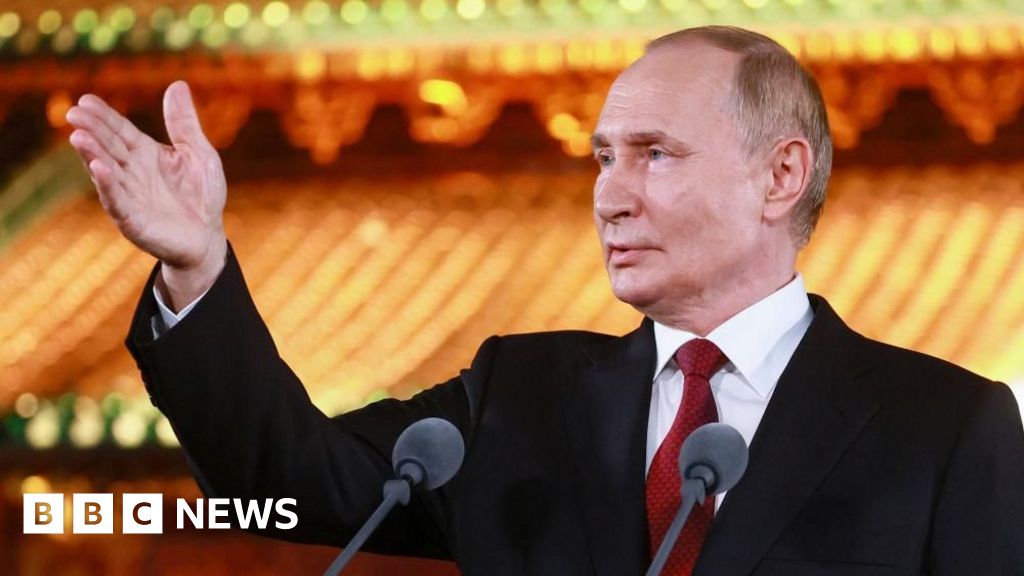Last Updated:
Khapra joins figures like Musk and Altman, recognised for his pioneering work in natural language processing and MI, with a special focus on Indian languages

Mitesh Khapra, an associate professor at IIT Madras. (Photo via LinkedIn)
Mitesh Khapra, an associate professor at IIT Madras, has been named to TIME magazine’s prestigious 2025 list of the 100 most influential people in artificial intelligence (AI).
Khapra joins global figures like Elon Musk and Sam Altman, recognised for his pioneering work in natural language processing and machine learning, with a special focus on Indian languages.
Recommended Stories
Khapra’s work is largely academic, unlike many others on the list who head major AI companies. He is a co-founder of One Fourth Labs, which aims to provide high-quality AI education at affordable prices to build a skilled workforce in India. He also co-founded AI4Bharat, an initiative that creates open-source tools and datasets to make AI accessible for India’s many regional languages.
According to TIME, nearly every Indian startup working on voice technology depends on Khapra’s datasets. While Western AI models perform well on widely spoken languages like Hindi and Bengali, they struggle with less common languages. To tackle this, AI4Bharat led a project that visited nearly 500 districts across India, recording thousands of hours of voices from people with diverse backgrounds to cover all 22 official Indian languages.
Khapra told TIME that the main reason Indian language AI lagged behind English was the lack of data. AI4Bharat became a key partner in the Indian government’s Bhashini programme, which uses AI to offer digital services in local languages. The project supplies around 80% of the data for Bhashini and welcomes other developers to use its resources, benefiting the country as a whole.
AI4Bharat’s models have been used by the Supreme Court to translate official documents and to create voice bots that help farmers report issues with government subsidy payments.
Khapra also highlighted a new project partnering with Sarvam AI to build India’s first foundation AI model. He believes this is crucial for national independence in AI technology, even if the model is initially less advanced than Western versions.
Khapra noted a shift in Indian academic research, “Fifteen years ago, years back, an average PhD student in India working on language technology would end up working on English problems. Now, with these datasets available, I see a shift: now Indian students are working on Indian problems.”
About the Author
The News Desk is a team of passionate editors and writers who break and analyse the most important events unfolding in India and abroad. From live updates to exclusive reports to in-depth explainers, the Desk d…Read More
The News Desk is a team of passionate editors and writers who break and analyse the most important events unfolding in India and abroad. From live updates to exclusive reports to in-depth explainers, the Desk d… Read More
Loading comments…
Read More




